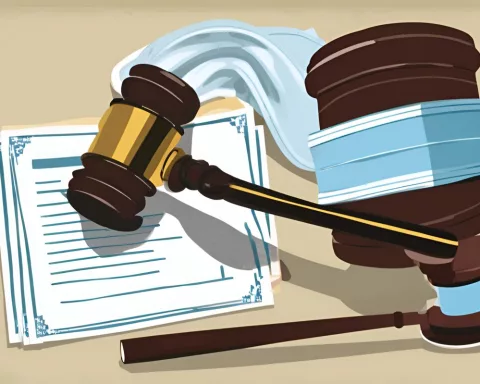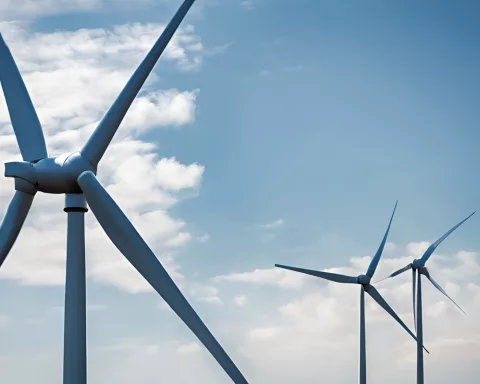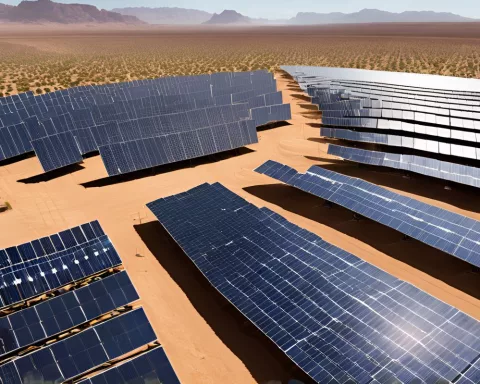Eskom, South Africa’s state-owned electricity company, is facing significant challenges in supplying electricity to the country. The company has projected that the government will face load shedding every week for the next year due to a worst-case scenario expected to exceed 17,000 MW of planned and unplanned outages.
Eskom’s Poor Performance
According to Eskom’s most recent weekly report on the state of the system, from March 20 to March 26, the energy availability factor (EAF), which shows how many power plants can produce and distribute energy at any given time, was below the 60% goal for March. Eskom has said that several things, like old equipment and insufficient money spent on new power plants, have led to the present situation. Businesses and people in South Africa, who already have to deal with the effects of regular power cuts, are apprehensive about this prediction.
Loadshedding Forecast
Eskom uses a way to predict demand, planned and unplanned breakdowns, and how likely load-shedding will be. A color-coded table shows the state of the power source. This is how the method works. Unfortunately, the table Eskom gives us is almost all red, meaning there is a severe lack of power. The company has predicted losses of more than 17,000 MW, which will cause load-shedding to happen often.
Impact on the Economy
The new prediction from Eskom says that load shedding will happen every week of the year. This goes against what some leaders have said about improvements in energy production. But Eskom’s table or estimate doesn’t show how likely there will be a blackout or a grid breakdown. The South African Economy is already under pressure because of the COVID-19 pandemic, and the situation with Eskom will worsen things.
Proposed Solutions
Many South Africans are frustrated with the need for more progress in addressing the situation at Eskom. Some call for the company to be unbundled, with different parts of the business being sold to private investors. Others advocate for more excellent investments in renewable energy sources such as wind and solar power. Whatever the solution, it is clear that the situation at Eskom is a severe concern to South Africa and its people.
Conclusion
The situation at Eskom is a significant challenge for South Africa. The company’s poor performance in supplying electricity to the country is causing widespread concern for businesses and consumers. The lack of progress in addressing the situation has led to frustration among many South Africans, who call for various solutions, including unbundling the company and investing in renewable energy sources. How South Africa will address the challenges posed by Eskom’s load-shedding remains to be seen.












